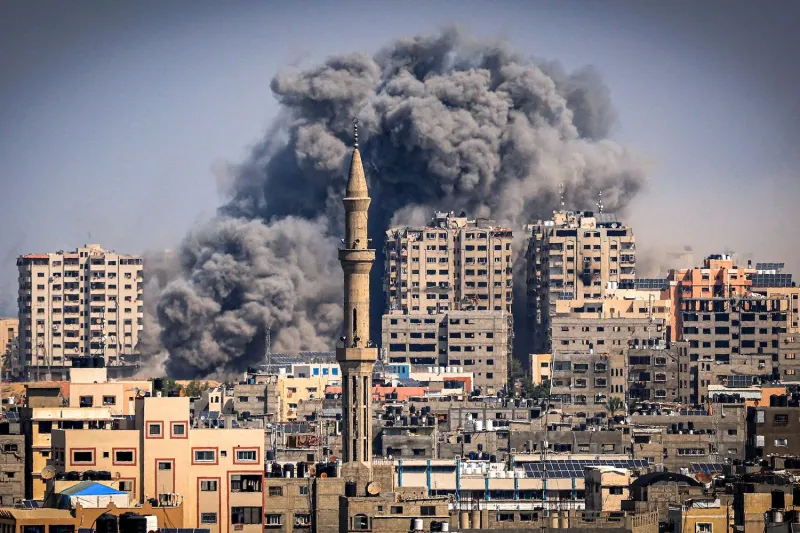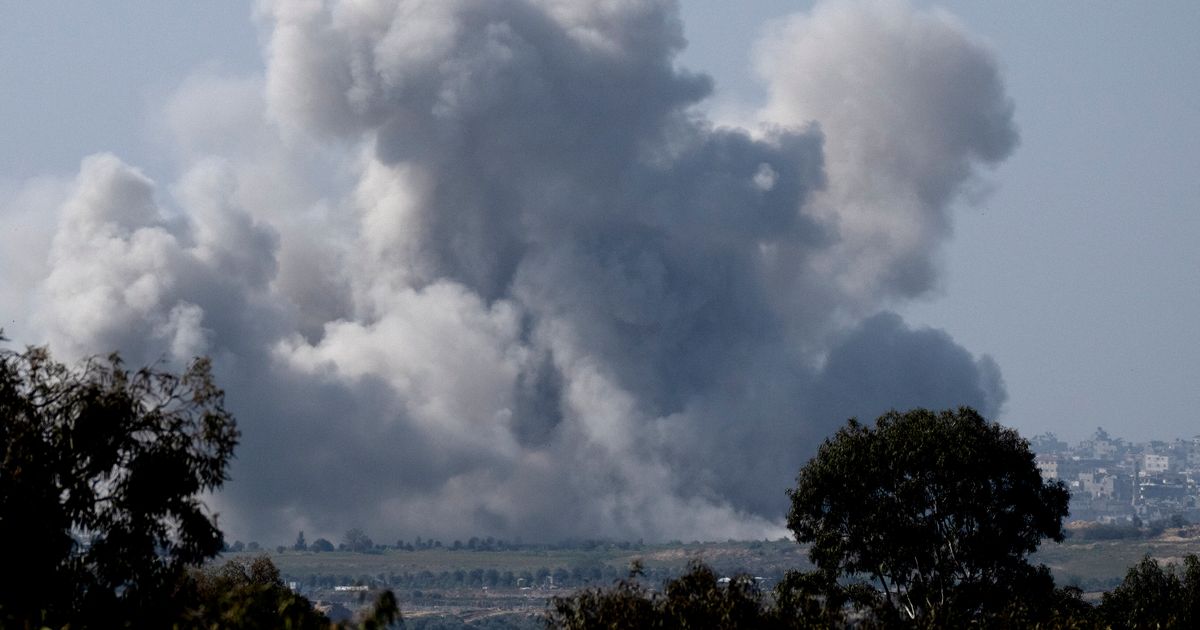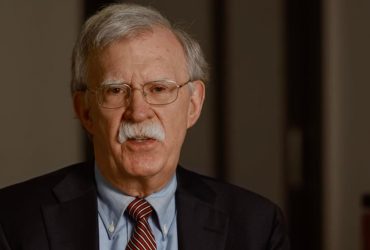A member of Israel’s War Cabinet has expressed skepticism about the country’s strategy for releasing hostages held by Hamas, asserting that only a cease-fire can secure their freedom. Gadi Eisenkot, a former army chief, made these remarks, highlighting the ongoing disagreements among top Israeli officials regarding the direction of the four-month-long war against Hamas.
Eisenkot’s comments, the first public statements on the war’s course, implied criticism of Prime Minister Benjamin Netanyahu, who insists that pursuing the military campaign will lead to the release of hostages. The disagreement comes amid increasing frustration among some relatives of hostages, leading to intensified protests, including hunger strikes and road blockades.

The article also notes a gradual return of communications in Gaza after an eight-day blackout, the longest during the conflict. The blackout had hampered humanitarian aid deliveries and rescue efforts amid ongoing Israeli bombardment. The communication challenges have made it difficult for information on the situation in Gaza to reach the outside world.
The offensive, labeled one of the deadliest and most destructive military campaigns, has resulted in significant casualties among Palestinians, displacement of the population, and a humanitarian crisis. International criticism, including accusations of genocide at the United Nations, has been growing, with some questioning the feasibility of Netanyahu’s objectives and the slow pace of the offensive.
Eisenkot emphasized the need for a deal and a significant pause in fighting to secure the release of hostages, dismissing the idea of alternative means to free them as “illusions.” The former army chief also revealed that a preemptive strike against Lebanon’s Hezbollah militia was called off during the early days of the war, calling it a “strategic mistake” that could have triggered a regional war.
The war’s impact has extended beyond the Israeli-Palestinian conflict, with Iranian-backed groups targeting U.S. and Israeli interests, and potential conflicts in Lebanon and Yemen threatening to escalate. The United States, despite providing strong support to Israel, has increasingly urged a scale-back of the assault and steps toward establishing a Palestinian state after the war.














Leave a Reply